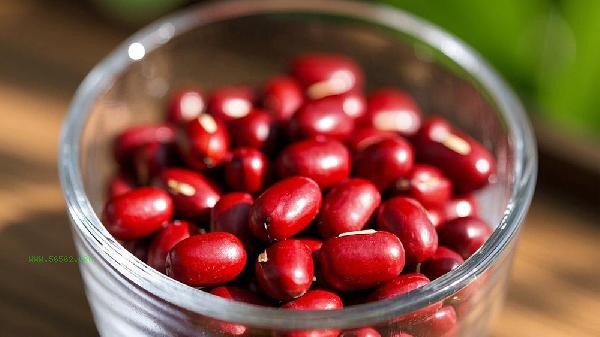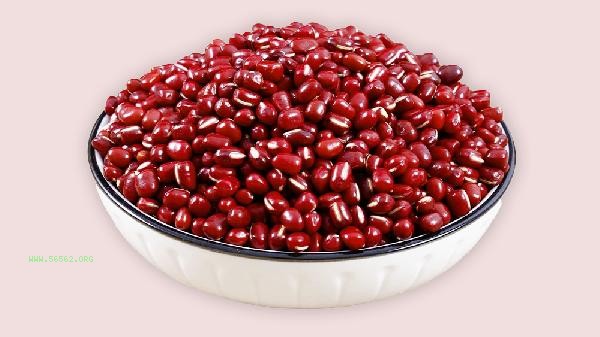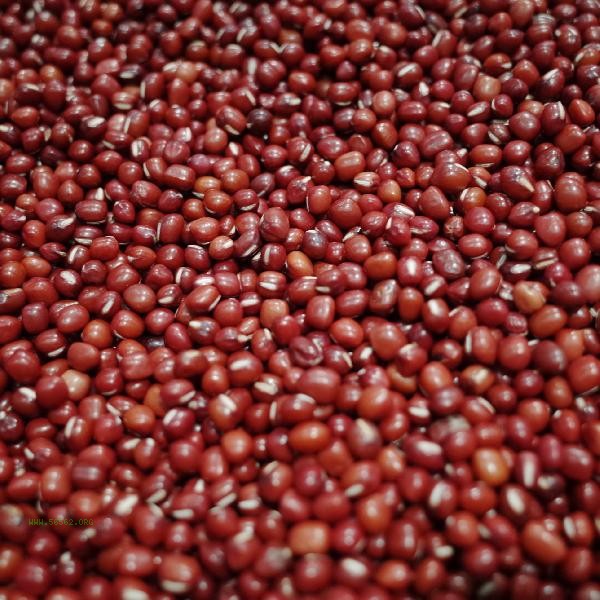It is a normal phenomenon for red beans to turn green after boiling, which is mainly related to the natural pigments in the red beans, the acidity and alkalinity of the water, and the cooking method. Red bean skin contains anthocyanins, which appear blue-green in alkaline water and remain red in acidic water. insufficient water, prolonged high-temperature cooking, or the use of an iron pot may also accelerate discoloration during cooking. Anthocyanins in red beans are water-soluble natural pigments that are highly sensitive to acidity and alkalinity. The water quality in northern regions tends to be alkaline, and when cooking beans, anthocyanins can combine with metal ions to form blue-green compounds. Fresh red beans are more prone to discoloration than aged beans due to their stronger pigment activity. Boiling with mineral water or purified water can reduce the probability of discoloration, and adding a small amount of white vinegar can help maintain the red color.

In some cases, red bean water may appear abnormally dark green and requires caution. When moldy red beans are contaminated with Aspergillus flavus, they may secrete toxins accompanied by a pungent moldy smell. Eating easily confused varieties such as adzuki beans can also lead to color deviation, as these beans contain special alkaloids. When purchasing, pay attention to distinguishing the shape of the beans. Red beans are oval shaped while red beans are rounder. When storing, they should be kept dry and ventilated. Red beans are rich in high-quality protein and dietary fiber, and discoloration does not affect their nutritional value. However, it is recommended to soak them thoroughly for at least 2 hours before cooking. Paired with Job's tears, it can enhance the effect of dispelling dampness, and when cooked with lotus seeds, it can soothe the mind and aid sleep. People with weak digestive function should control their consumption and avoid consuming more than 50 grams of dried beans at once. If any flocculent sediment or odor is found in the bean soup, it should be immediately stopped from consumption. It is recommended to refrigerate and store it for no more than 24 hours in summer.











Comments (0)
Leave a Comment
No comments yet
Be the first to share your thoughts!